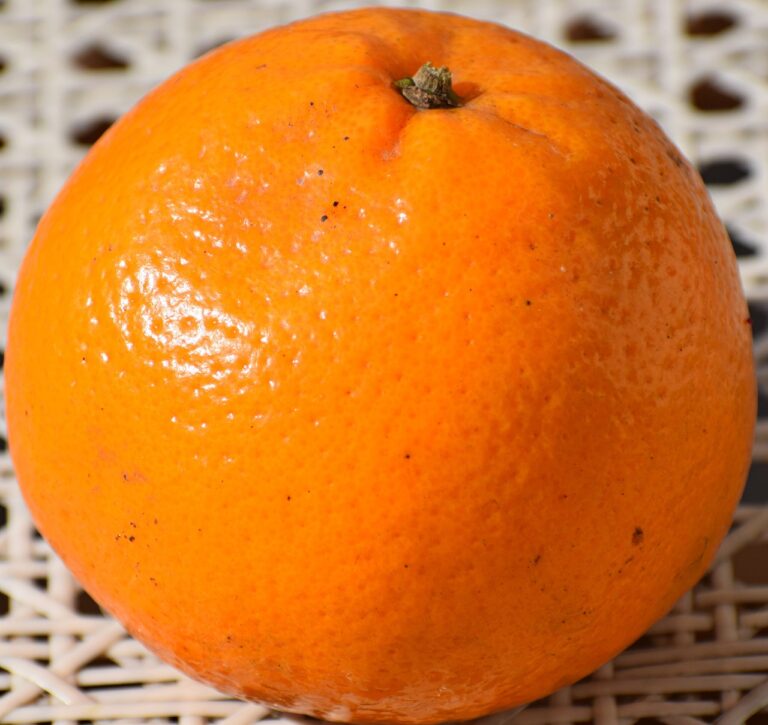Innovative Approaches to Pain Management: Beyond Opioids
Acupuncture is a common alternative pain relief method that originates from traditional Chinese medicine. This practice involves inserting thin needles into specific points on the body to stimulate energy flow and promote pain relief. Many people find acupuncture to be effective in managing various types of pain, including chronic back pain, migraines, and arthritis.
Another alternative pain relief method gaining popularity is yoga. Practicing yoga involves a combination of physical postures, breathing techniques, and meditation, which can help alleviate pain by improving flexibility, strength, and relaxation. Research has shown that regular yoga practice can reduce the intensity and frequency of pain experienced by individuals with conditions such as fibromyalgia, osteoarthritis, and chronic low back pain.
Non-Pharmacological Pain Management Techniques
One effective non-pharmacological pain management technique is acupuncture, a practice originating from traditional Chinese medicine. During an acupuncture session, thin needles are inserted into specific points on the body to help alleviate pain by promoting the flow of energy. Many individuals have reported significant pain relief from conditions such as migraines, back pain, and arthritis through regular acupuncture sessions.
Another non-pharmacological approach to managing pain is through the practice of mindfulness meditation. By focusing on the present moment and being aware of one’s thoughts and feelings without judgment, individuals can learn to better cope with sensations of pain. Research has shown that mindfulness meditation can help reduce pain intensity and improve overall quality of life for those suffering from chronic pain conditions.
What are some alternative pain relief methods?
Some alternative pain relief methods include acupuncture, massage therapy, physical therapy, cognitive behavioral therapy, and relaxation techniques such as deep breathing exercises.
Are non-pharmacological pain management techniques effective?
Yes, non-pharmacological pain management techniques have been shown to be effective in reducing pain and improving quality of life for many individuals.
How can I incorporate non-pharmacological pain management techniques into my daily routine?
You can incorporate non-pharmacological pain management techniques into your daily routine by practicing relaxation techniques regularly, seeking out alternative therapies such as acupuncture or massage therapy, and working with a healthcare provider to develop a comprehensive pain management plan.
Are there any risks associated with non-pharmacological pain management techniques?
While non-pharmacological pain management techniques are generally considered safe, it is important to consult with a healthcare provider before starting any new treatment to ensure that it is appropriate for your specific condition.
Can non-pharmacological pain management techniques be used in conjunction with medication?
Yes, non-pharmacological pain management techniques can be used in conjunction with medication to enhance pain relief and improve overall well-being. It is important to work with a healthcare provider to develop a comprehensive treatment plan that addresses your individual needs.







